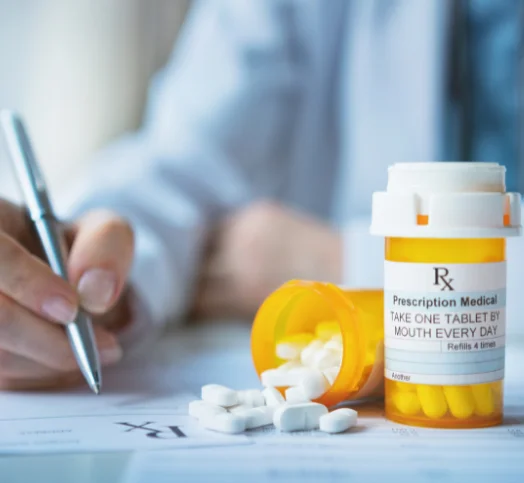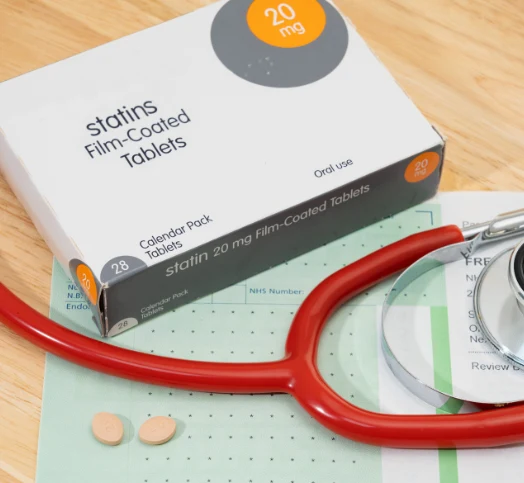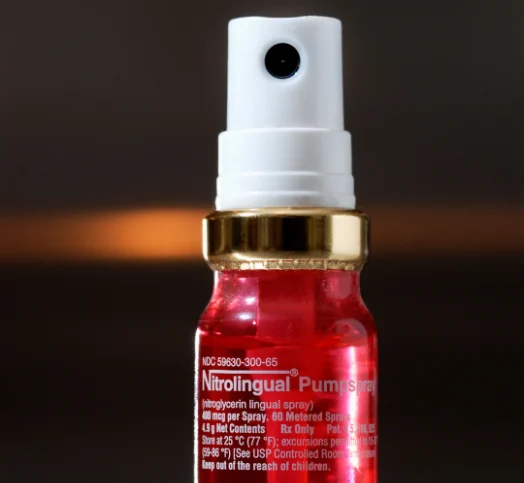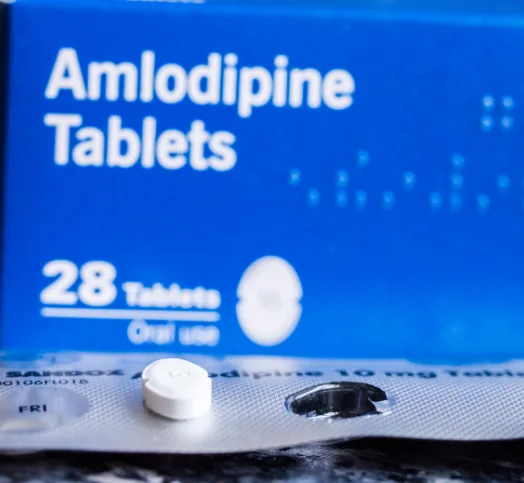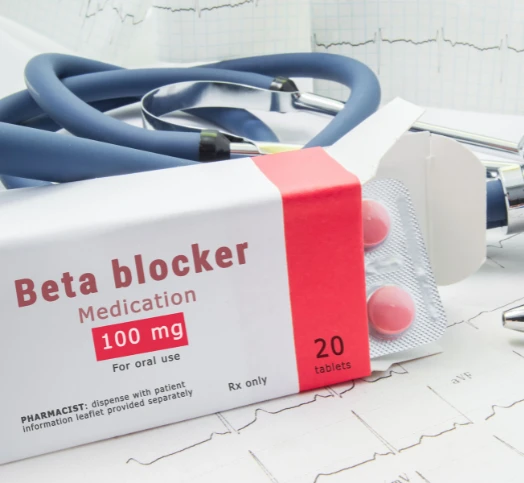Phytosterols, natural compounds found in plants, have gained significant attention in recent years due to their potential cardiovascular benefits. These plant-derived substances have shown promise in managing lipid levels and reducing the risk of heart disease. In this article, we will delve into the world of phytosterols, exploring their sources, consumption methods, evidence for lipid modulation, and the potential benefits of incorporating them into your diet. We will also discuss precautions and potential side effects to ensure a comprehensive understanding of these compounds.
Understanding Phytosterols
Phytosterols, also known as plant sterols or stanols, are structurally similar to cholesterol but differ in their side chain configuration. These compounds are naturally found in various plant-based foods, including fruits, vegetables, nuts, seeds, and whole grains. Common phytosterols include beta-sitosterol, campesterol, and stigmasterol.
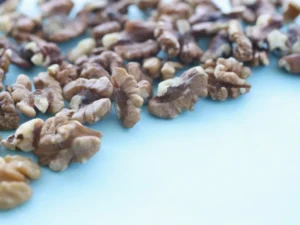
Derived Sources and Consumption Methods
Phytosterols can be obtained through dietary sources or as fortified products. Dietary sources include plant-based oils (for example such as olive oil), legumes, whole grains, fruits, and vegetables. Additionally, fortified foods such as margarines, yogurts, milks and spreads are available, specifically enriched with phytosterols for easy incorporation into one’s diet.
Table: Phytosterol Content in Various Food (source)
| Food | Serving | Phytosterol content (mg) |
| Peas, green, mature seeds, raw | ½ cup | 133 |
| Kidney beans, mature seeds, raw | ½ cup | 117 |
| Pistachio nuts | 1 ounce (49 kernels) | 61 |
| Lentils, pink or red, mature seeds, raw | ½ cup | 54 |
| Cashew nuts | 1 ounce | 45 |
| Orange, raw | 1 fruit | 34 |
| Olive oil | 1 tablespoon (14 g) | 30 |
| Banana, raw | 1 large | 24 |
| Brussels sprouts, raw | 1 cup | 21 |
Evidential Support for Lipid Modulation
Numerous studies have investigated the impact of phytosterols on lipid levels, particularly low-density lipoprotein cholesterol (LDL-C), also known as “bad” cholesterol. [1-4]. The results consistently demonstrate that phytosterols can lower LDL-C levels by reducing cholesterol absorption in the intestine. The cholesterol-lowering effects of phytosterols have been validated by organizations such as the American Heart Association and the National Cholesterol Education Program and may products now are freely available on supermarket shelves.
Benefits of Incorporating Phytosterols into Your Diet
By incorporating phytosterols into your diet, you may experience a range of benefits for your cardiovascular health. The primary advantage is the potential reduction in LDL-C levels, which plays a crucial role in preventing the development and progression of heart disease. Studies suggest that a daily intake of 2 to 3 grams of phytosterols can lead to significant reductions in LDL-C levels by up to 10% [1].
Moreover, phytosterols do not appear to impact levels of high-density lipoprotein cholesterol (HDL-C), the “good” cholesterol. This selective action makes phytosterols an attractive option for managing lipid profiles while preserving the beneficial effects of HDL-C. There is also evidence indicating that phytosterols may offer a positive benefit in reducing triglyceride levels. [2].
Precautions and Potential Side Effects
While phytosterols offer promising benefits, it is important to consider a few precautions. Individuals already taking cholesterol-lowering medications should consult their healthcare provider before adding phytosterols to their regimen, as the combined effects may require adjustments to their medication dosage. Additionally, pregnant or breastfeeding women and children should seek medical advice before incorporating phytosterol-enriched products into their diet.
Possible side effects of excessive phytosterol consumption may include mild gastrointestinal disturbances. However, these effects are generally rare and occur at significantly high levels of phytosterol intake.
Other potential benefits
While the primary focus of phytosterols is their potential cardiovascular benefits, these compounds have also been associated with other health advantages. Here are a few additional benefits of phytosterols:
- Anti-inflammatory properties: Phytosterols possess anti-inflammatory properties, which can help modulate the body’s immune response and reduce chronic inflammation. Chronic inflammation has been linked to various health conditions, including heart disease, cancer, and metabolic disorders.
- Antioxidant effects: Some phytosterols, such as beta-sitosterol, exhibit antioxidant activity. Antioxidants help protect the body against oxidative stress caused by free radicals, which can contribute to the development of chronic diseases and aging.
- Prostate health: Research suggests that phytosterols, particularly beta-sitosterol, may benefit individuals with prostate-related issues. These compounds have shown potential in improving urinary symptoms associated with benign prostatic hyperplasia (BPH) and supporting prostate health.
Conclusion
Phytosterols present an exciting opportunity to enhance cardiovascular health through natural means. By incorporating these plant-derived compounds into your diet, you can potentially lower LDL-C levels and contribute to a reduced risk of cardiovascular disease. Phytosterols are readily available through dietary sources and fortified products, offering a convenient approach to harness their benefits. As with any dietary modification, it is important to consult your healthcare provider and make informed choices to optimize your cardiovascular well-being.
References:
[1] Gylling, H., & Simonen, P. (2015). Phytosterols, phytostanols, and lipoprotein metabolism. Nutrients, 7(9), 7965–7977. doi: 10.3390/nu7095377
[2] Plat J, Mensink RP. Plant stanol esters lower serum triacylglycerol concentrations via a reduced hepatic VLDL-1 production. Lipids. 2009 Dec;44(12):1149-53. doi: 10.1007/s11745-009-3361-z. Epub 2009 Oct 25. PMID: 19856194; PMCID: PMC2779439.
[3] Demonty, I., Ras, R. T., van der Knaap, H. C., Meijer, L., Zock, P. L., & Geleijnse, J. M. (2009). Continuous dose-response relationship of the LDL-cholesterol-lowering effect of phytosterol intake. Journal of Nutrition, 139(2), 271–284. doi: 10.3945/jn.108.095125
[4] Katan, M. B., Grundy, S. M., Jones, P., Law, M., Miettinen, T., Paoletti, R., & Stresa Workshop Participants. (2003). Efficacy and safety of plant stanols and sterols in the management of blood cholesterol levels. Mayo Clinic Proceedings, 78(8), 965–978. doi: 10.4065/78.8.965



